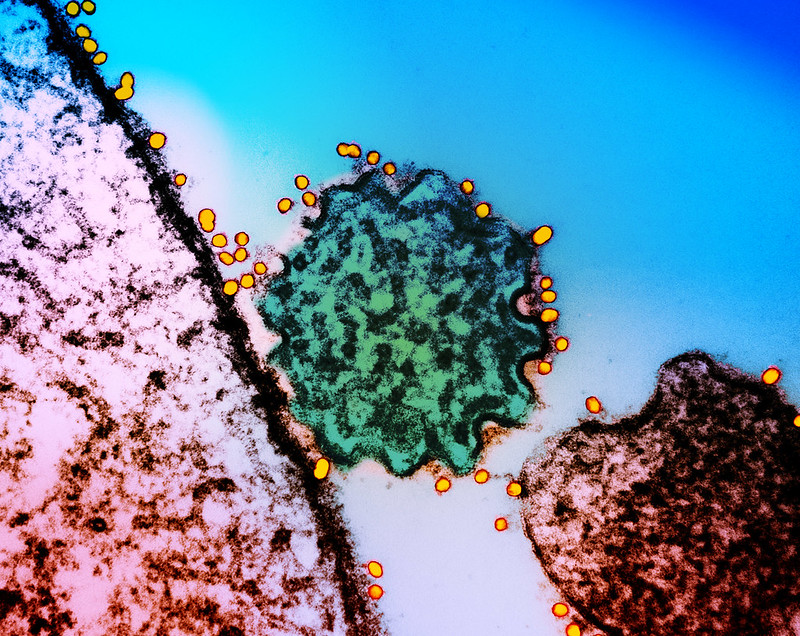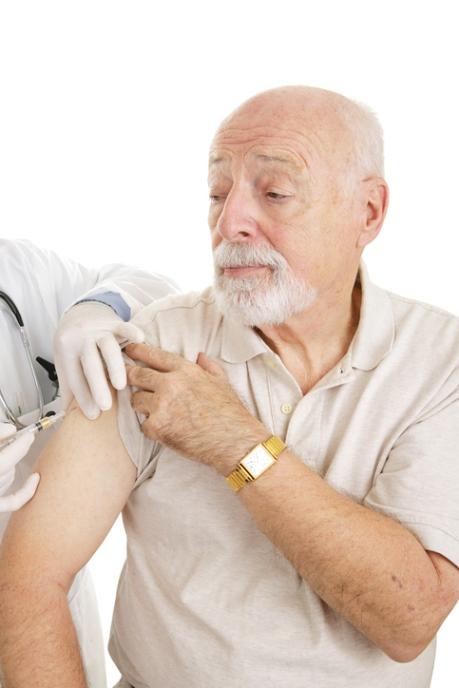 In an attempt to establish a definitive objective cognitive marker for PCC, or post-COVID-19 condition, researchers tested long COVID patients in Germany and the United Kingdom with cognitive speed tests, and found long COVID patients have a significant lag, suggesting cognitive slowing.
In an attempt to establish a definitive objective cognitive marker for PCC, or post-COVID-19 condition, researchers tested long COVID patients in Germany and the United Kingdom with cognitive speed tests, and found long COVID patients have a significant lag, suggesting cognitive slowing.
The study, published yesterday in eClincialMedicine, was based on findings on an initial 194 long COVID patient seen at a PCC clinic in Germany. Findings were then replicated in a follow up COVID clinic in the United Kingdom.
All study participants had one or more symptoms of PCC at least 12 weeks following a lab-confirmed COVID-19 infection. They were compared to two control groups, one group that had never had a COVID-19 infection and one group that had COVID-19 12 or more weeks prior but no evidence of PCC.
Cases and controls completed the same series of computer-based cognitive tests, which measured reaction time and number vigilance. They also completed questionaries about perceived PCC symptoms and mental health.
No association between mental health and cognitive slowing
The average reaction time (RT) for healthy controls (both no-COVID and no-PCC groups) was 0.34 seconds, but patients with PCC responded significantly more slowly, with a mean of 0.49 seconds, the authors said. More than half (53.5%) of patients with PCC had a response speed slower than 2 standard deviations from the control mean.
The present study reported a significant psychomotor slowing in individuals diagnosed with PCC.
There was not a significant correlation between the severity of mental health symptoms and chronic post-COVID cognitive deficit.
"The present study reported a significant psychomotor slowing in individuals diagnosed with PCC," the authors said. "This might be an important factor contributing to some of the cognitive impairments reported in patients with PCC."














